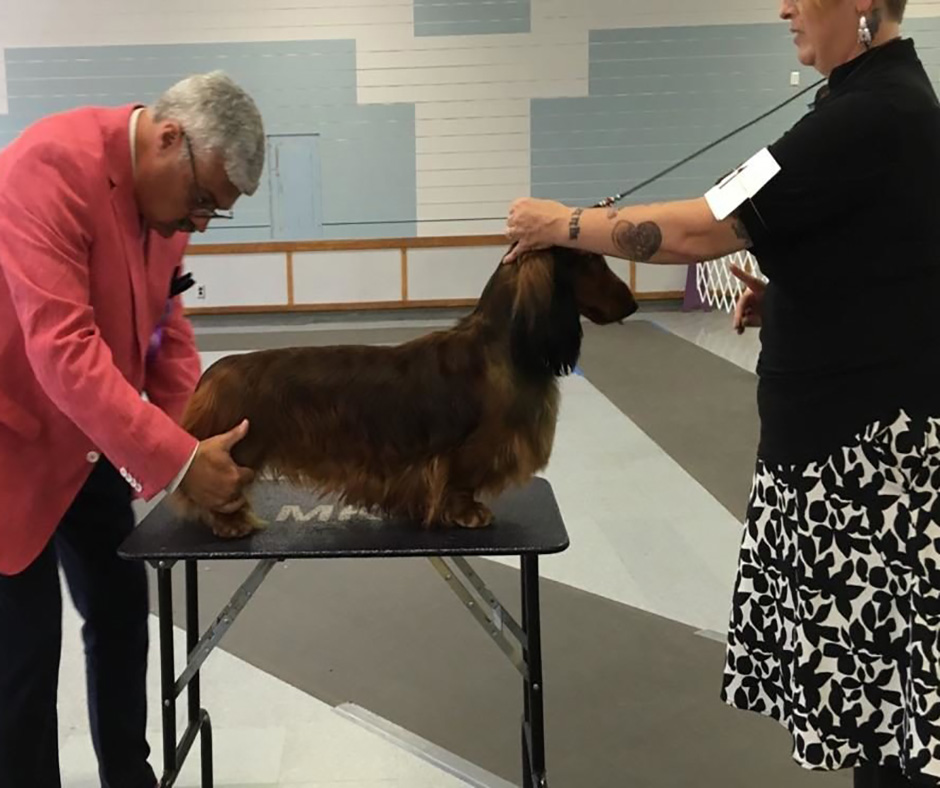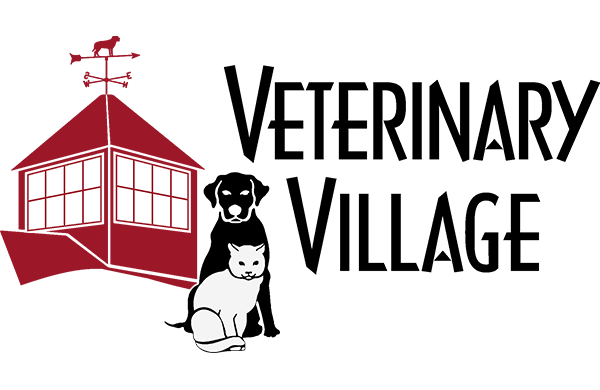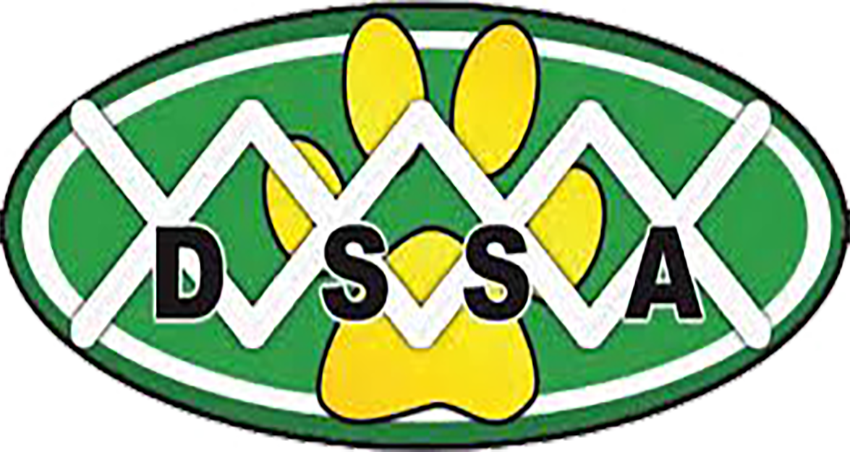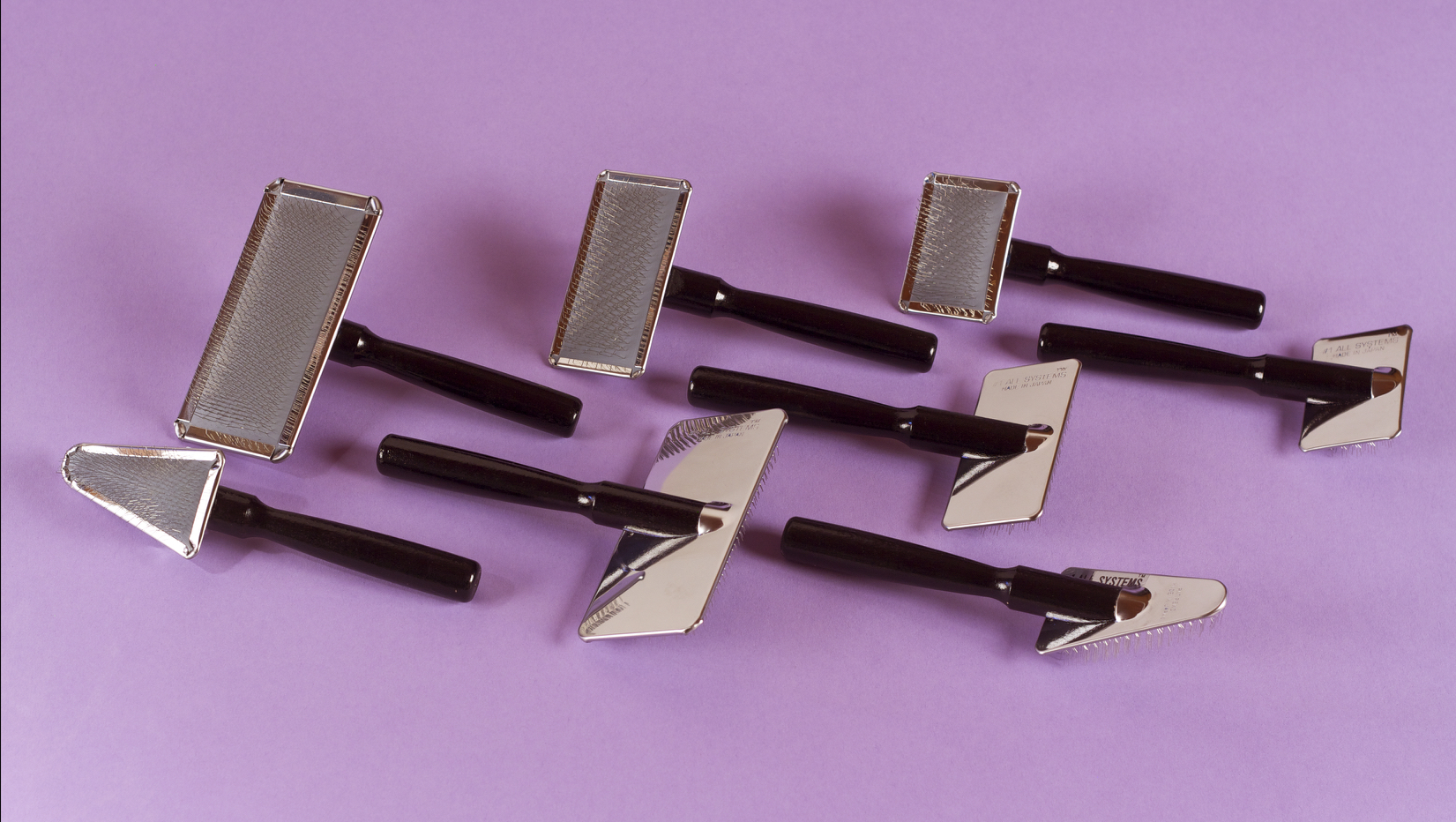153 – Vicki Ronchette|Showdogs from Shy to Showy

Vicki Ronchette wrote her book about showdogs “From Shy to Showy” after the success she’d had with positive training for show dogs during her popular training seminars.
She recommends desensitization and counter-conditioning so that dogs learn to be comfortable and love the show ring.
“We want to shift (the dog’s) entire emotional state,” Ronchette said. “You can’t punish or force an animal into feeling better about something. Each dog has a trigger and we need to figure that out first.”
Ronchette uses principles of applied behavior analysis to consider a behavior’s “antecedent” and its “consequence” to determine what and how she needs to go about helping change the dog’s behavioral response.
Dogs who are actually fearful require a bit different approach, Ronchette said.
“Fearful dogs have an emotional response,” she added. “Some (dogs) don’t end up loving it, but we can get (most of them) to the point that we finish them.”
It’s important to note, Ronchette said, “If you have a dog that’s injured people, it’s not ok to take it out there and have a stranger touch it every week. A lot of dogs get more reactive and worse if they are forced into (an uncomfortable behavior) without going through a training protocol.”
As she discusses on the podcast in several “real life” case study situations, Ronchette strongly advises pulling a dog from competition until its fear/reactive issues are resolved.
“We have to have the dog’s “head,” Ronchette said. “He has to be emotionally stable and feel safe with us and trust us (in order to work through the issues).”
She advocates taking a dog’s age into consideration. For example, is it experiencing a relatively normal “teenage” fear period where the dogs don’t always process and think about situations clearly.
With all these factors in mind, she replicates the “trigger” of the dog’s fear or anxiety and then works through the process of counter conditioning such that when the dog is “triggered” it reacts happily and looks to her for a reward.
Learning a dog’s stress signals is an opportunity, Ronchette noted, to catch the issue at a low level of anxiety and allows the exhibitor to distract the dog by asking for other known behaviors.
She’s also a huge advocate of choice for dogs. “I don’t want to use food to trick a dog into doing something,” Ronchette said. “If he chooses to do something, I will reward with food, but I want to give the dog the opportunity to make a choice. The dog has to know they have control and can make (a scary situation) stop… choice is a very powerful piece.”
And always leave them wanting more. “A puppy’s first show is one day,” Ronchette advised. “I want to put them away while they’re still asking for more.”
LISTEN TO VICKI ROCHETTE ON PURE DOG TALK
Listen in today as Vicki and Laura discuss these and other excellent training solutions for show dogs, specific case studies and more.
Our Valued Corporate Sponsors:
Our Esteemed Advertisers:
Our In-Kind Supporters:
KNOWLEDGE IS POWER — FRANCIS BACON
When you become a patron of Pure Dog Talk you’ll tap into an exclusive community of experts to help you and your dog be blue-ribbon best at whatever you do with your purebred dog! Your support helps keep the MP3's rolling at Pure Dog Talk!
As a supporter, you’ll immediately gain access to the weekly Pure Pep Talk SMS, Pure Pep Talk private Facebook group, and priority emails. Patrons can choose to level up to the After Dark Zoom and a Patrons Digital Badge for their website— even a private counseling session with Laura on any topic.

DON'T MISS AN EPISODE!!












